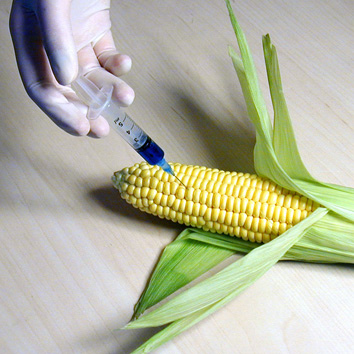A new report was recently published presenting a critical assessment of the consequences of the commercial cultivation of genetically engineered plants in the US. The first genetically engineered plants were created 30 years ago in Europe and the US. Commercial growing in the USA began almost 20 years ago, but in the EU, acceptance of these crops is much lower. Nevertheless, companies are asking for further authorisations for cultivation, including in the EU. In the light of this development, past experience in the USA was assessed and recommendations made for the future handling of this technology in the EU. Some of the principal findings are:
- Consequences for farmers: Because the weeds have adapted to the cultivation of the genetically engineered plants, farmers are experiencing a substantial increase in both working hours and the amounts of herbicide they require. Cultivation of insecticide-producing plants have led to “an arms race in the field” against the pest insects, which have adapted quickly. Genetically engineered plants have been created to produce up to six different toxins. Costs for seeds have increased dramatically, without there being a substantial increase in yields or significant savings in the amounts of spray required.
- Impact on the seed market: The seed industry in the USA is largely dominated by agrochemical industries such as Monsanto, Dupont and Syngenta. In future, it has to be expected that developments in the USA will be strongly influenced by the interests of agro-chemical companies pushing for the cultivation of genetically engineered plants.
- Consequences for producers who avoid genetically engineered crops: Contamination with non-authorised genetically engineered plants has already caused billions of dollars worth of damage in the USA.
- Consequences for consumers: Consumers are exposed to a whole range of risks regarding unintended substances from plant metabolism, from residues from complementary herbicides and from the properties of additional proteins produced in the plants. As yet, there is no way of monitoring the actual effects that consumption of these products might have.
- Effects on the environment: The cultivation of genetically engineered plants is closely associated with a substantial increase in the amounts of herbicide required. In addition, there is also an increase in environmental exposure to certain insecticides. In particular, the cultivation of herbicide-resistant plants leads to a reduction in biodiversity. Genetically engineered rapeseed has already managed to escape from the fields into the environment from where it cannot be withdrawn, and from where it evades any adequate control.
The study was commissioned by Martin Häusling, Member of the Green Group in the European Parliament. The English version of the study is published by Testbiotech.










